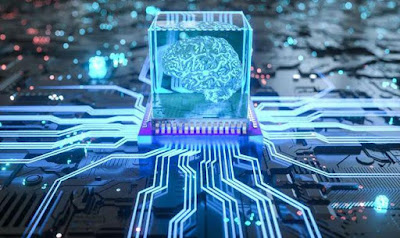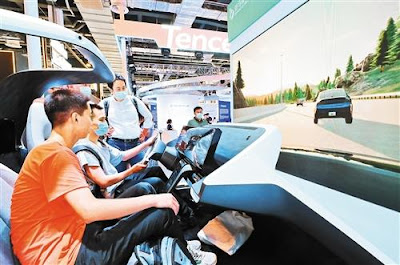Hu Yu, co-founder of iFLYTEK, chairman of Lingsi Technology, and chief expert of the National "863 Human Intelligence Project", talks about AI technology innovation.
During the time at iFlytek, Hu Yu led a team to develop AI products in various fields such as office, learning, smart education, smart healthcare, and smart cities. In 2021, Hu Yu chose to leave iFlytek listed company and enter a company specializing in artificial intelligence chips and solutions. He looks to make efforts in hardware to improve the overall national artificial intelligence business ecology.
Hereunder, let us follow his footsteps through his perspective and understand what it means to "walk to the depths of the water".
1. AI fades from overly hype and moves from concept to industry
Q: In the past period of time, what are the biggest changes in the AI technology field?
Hu Yu: In the field of artificial intelligence (AI), my feeling over the past two years is that it has gone through the process from concept to implementation. The publicity of pure concepts is declining, not as hot as in 2016 and 2017. Now everyone is paying more attention to the industrialization of artificial intelligence. There are more and more discussions about "How does artificial intelligence affect our life and business? Is the industrialization through hardware or services?" And many technology companies have found practical goals and application scenarios.












